The Ultimate Guide To Eggplant Companion Planting
The Ultimate Guide to Eggplant Companion Planting
Eggplants are a delicious and versatile vegetable that can be enjoyed in a variety of dishes. But did you know that there are certain plants that can help to improve the growth and health of your eggplants? Companion planting is the practice of planting certain plants together in order to benefit each other. By planting the right companions with your eggplants, you can boost their yields, deter pests, and improve their overall health.
In this guide, we will discuss the benefits of companion planting with eggplants, as well as some of the best companions for these plants. We will also provide some tips on how to plant and care for eggplants in your garden.
Benefits of Companion Planting with Eggplants
There are many benefits to companion planting with eggplants. Some of the key benefits include:
- Improved yields: Companion plants can help to improve the yields of eggplants by attracting pollinators, providing shade, and suppressing weeds.
- Deterrent to pests: Some companion plants can help to deter pests from eggplants. For example, marigolds and nasturtiums are known to repel aphids, while basil can help to deter beetles.
- Improved soil health: Companion plants can help to improve the soil health around eggplants by adding nutrients, breaking down organic matter, and suppressing diseases.
Best Companion Plants for Eggplants
There are many different plants that can be companioned with eggplants. Some of the best companions include:
- Marigolds: Marigolds are a great companion plant for eggplants because they help to repel aphids, beetles, and other pests. They also add nutrients to the soil and help to suppress diseases.
- Nasturtiums: Nasturtiums are another great companion plant for eggplants. They also help to repel pests, and they add nitrogen to the soil.
- Basil: Basil is a popular herb that is often used in cooking. It also makes a great companion plant for eggplants because it helps to deter beetles and other pests.
- Chives: Chives are a member of the onion family, and they have a strong scent that helps to repel pests. They also add nitrogen to the soil.
- Potatoes: Potatoes and eggplants are both members of the nightshade family, and they can be planted together. They share similar growing requirements, and they help to suppress weeds.
- Peppers: Peppers and eggplants are both heat-loving plants, and they can be planted together. They also help to attract pollinators.
- Lettuce: Lettuce is a low-growing plant that can be planted between eggplants. It helps to suppress weeds and provides shade for the eggplants.
- Carrots: Carrots and eggplants can be planted together because they have different root systems. The carrots will help to break up the soil, and the eggplants will help to deter pests.
Tips for Planting and Caring for Eggplants
When planting eggplants, it is important to choose a location that receives full sun. Eggplants also need well-drained soil that is rich in organic matter. Before planting, amend the soil with compost or manure.
Eggplants should be planted 2-3 feet apart. Water them regularly, especially during the hot summer months. Eggplants are heavy feeders, so fertilize them every few weeks with a balanced fertilizer.
To prevent pests and diseases, it is important to keep the eggplants' leaves dry. You can also help to deter pests by planting companion plants that repel them.
With proper care, eggplants will be ready to harvest in about 70-80 days. The fruits should be firm and dark purple when they are ripe.
Conclusion
Companion planting is a great way to improve the growth and health of your eggplants. By planting the right companions with your eggplants, you can boost their yields, deter pests, and improve their overall health.
I hope this guide has helped you to learn more about companion planting with eggplants. If you have any questions, please feel free to leave a comment below.
FAQ of eggplant companion plants
Q: What are the best companion plants for eggplants?
A: Some of the best companion plants for eggplants include:
- Broccoli: Broccoli is a great vegetable for eggplants because it helps to improve the flavor of the eggplants. It also helps to attract beneficial insects, such as ladybugs, which can help to control pests.
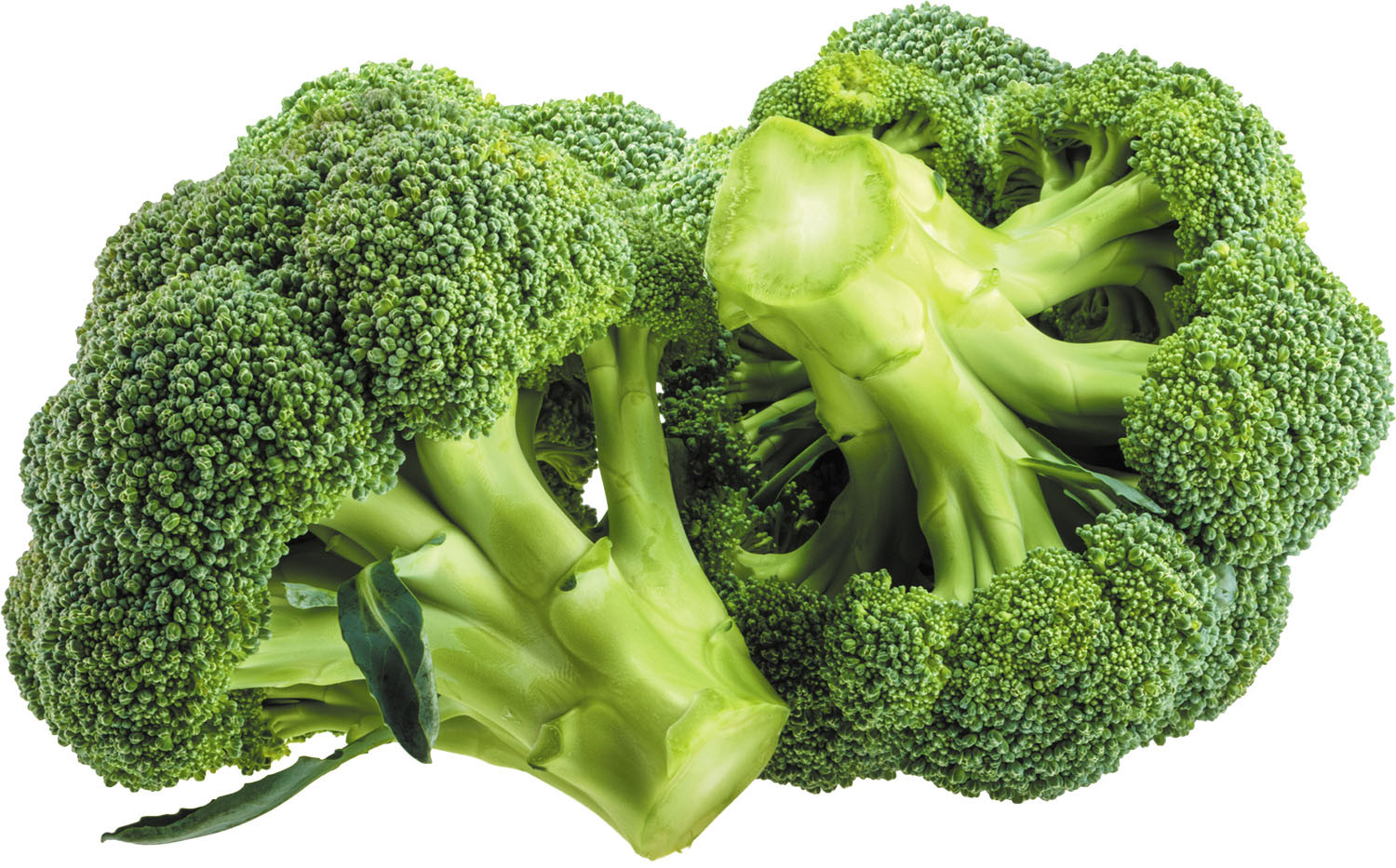
- Borage: Borage is a flowering plant that helps to attract pollinators, such as bees and butterflies. These pollinators can help to increase the yield of eggplants. Borage also helps to repel pests, such as aphids and spider mites.
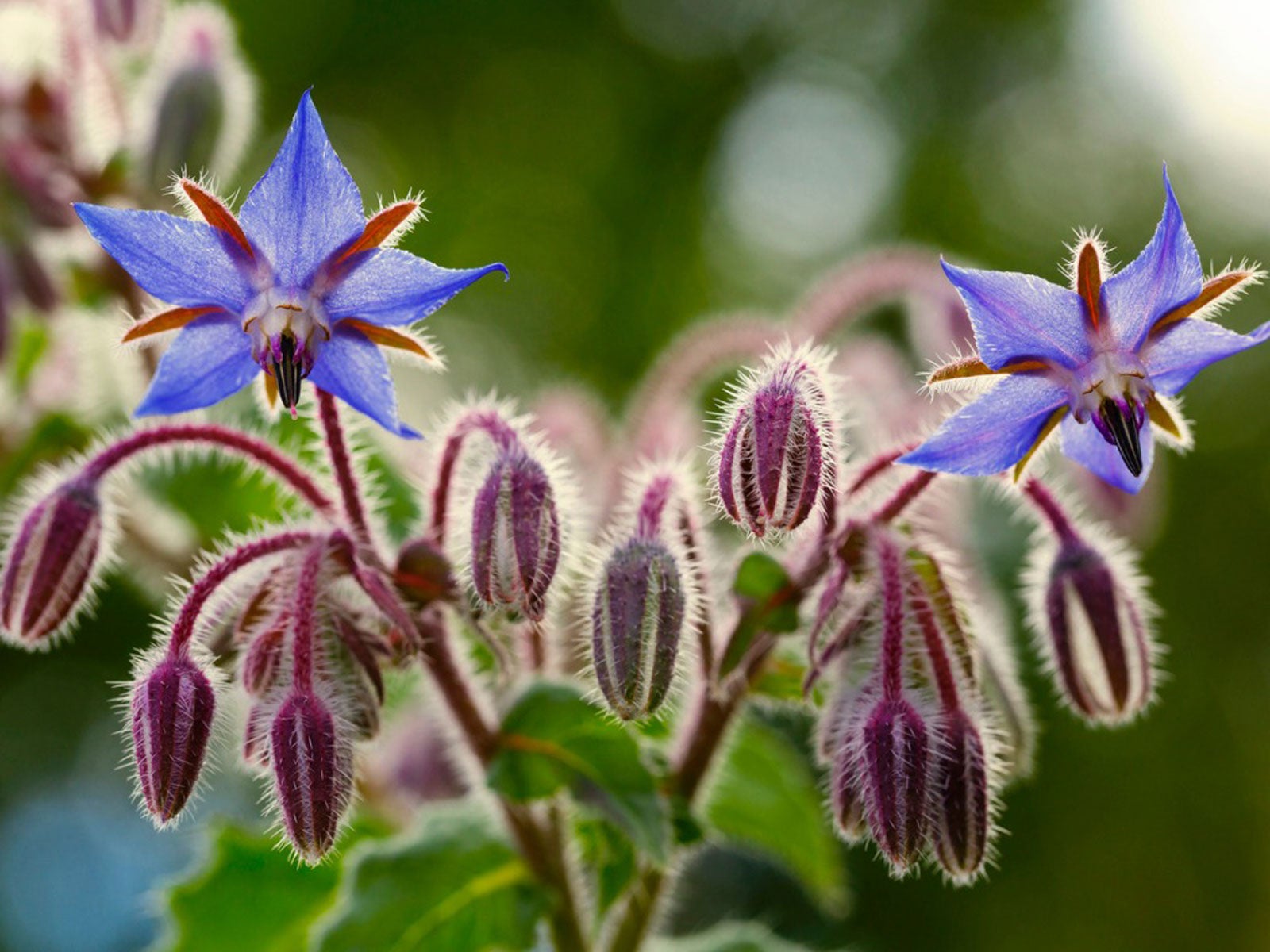
- Marigolds: Marigolds are another flowering plant that helps to attract pollinators and repel pests. They are also known to help improve the flavor of eggplants.

- Nasturtiums: Nasturtiums are a type of flowering plant that helps to repel pests, such as aphids and flea beetles. They are also known to help improve the flavor of eggplants.
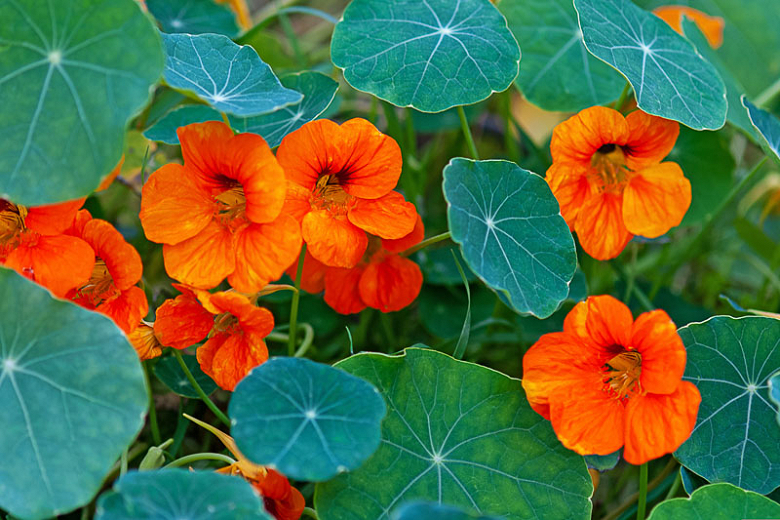
- Mint: Mint is a herb that helps to repel pests, such as mosquitoes and flies. It can also help to improve the flavor of eggplants.
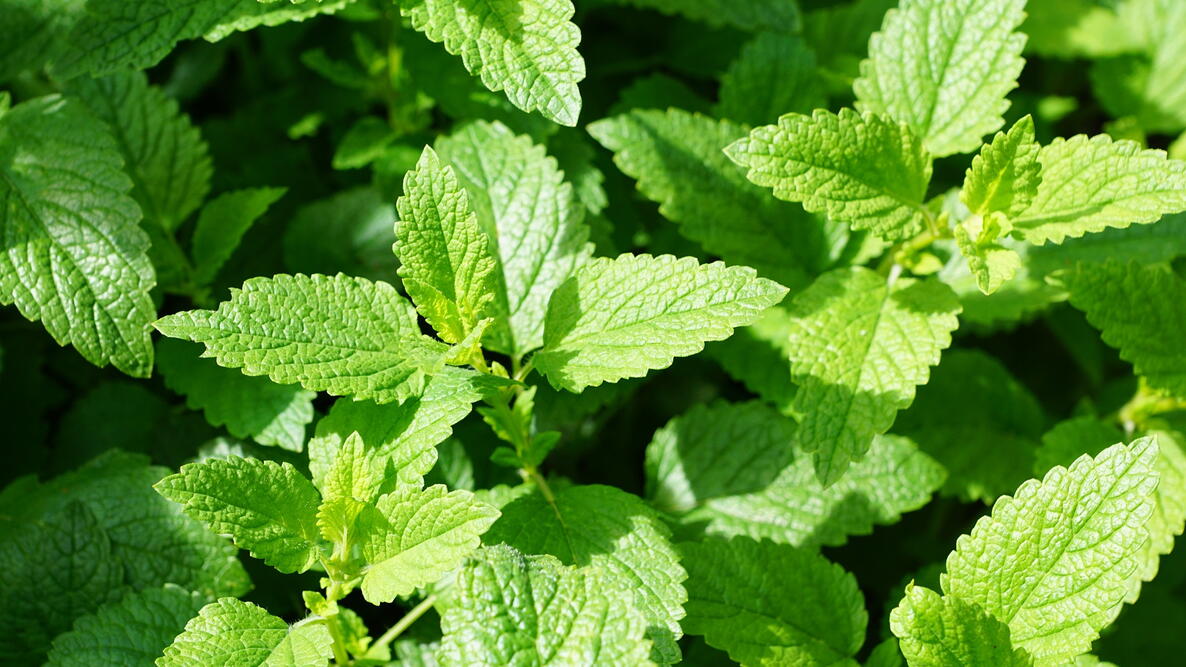
Q: What are some plants that should not be planted near eggplants?
A: Some plants that should not be planted near eggplants include:
- Potatoes: Potatoes and eggplants are both members of the nightshade family, and they can compete for nutrients. They can also be susceptible to the same pests and diseases.
- Tomatoes: Tomatoes and eggplants are both heavy feeders, and they can compete for nutrients. They can also be susceptible to the same pests and diseases.

- Peas: Peas can attract pests, such as aphids, which can then spread to eggplants.
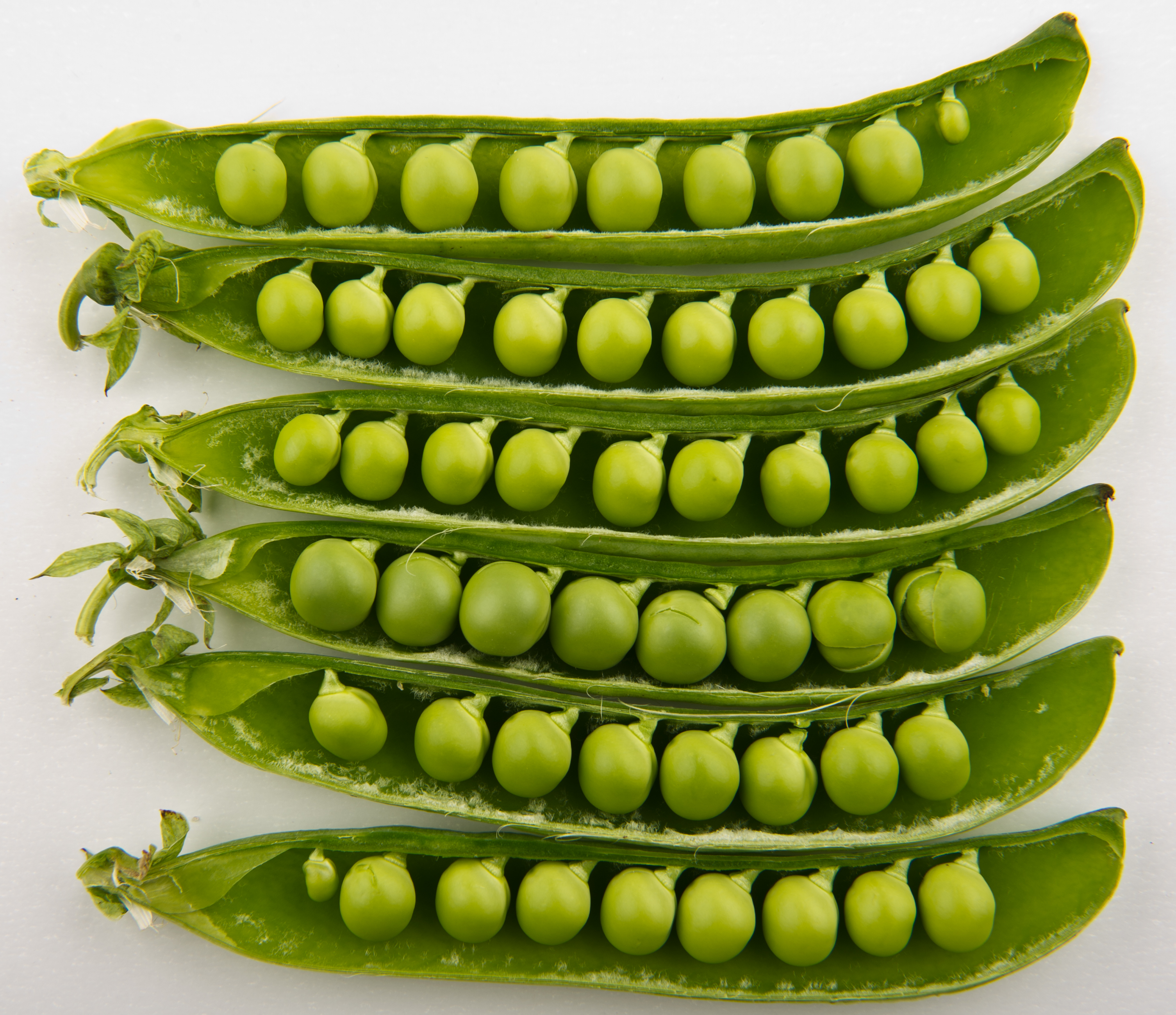
- Cucumbers: Cucumbers can attract pests, such as cucumber beetles, which can then spread to eggplants.

- Squash: Squash can attract pests, such as squash bugs, which can then spread to eggplants.
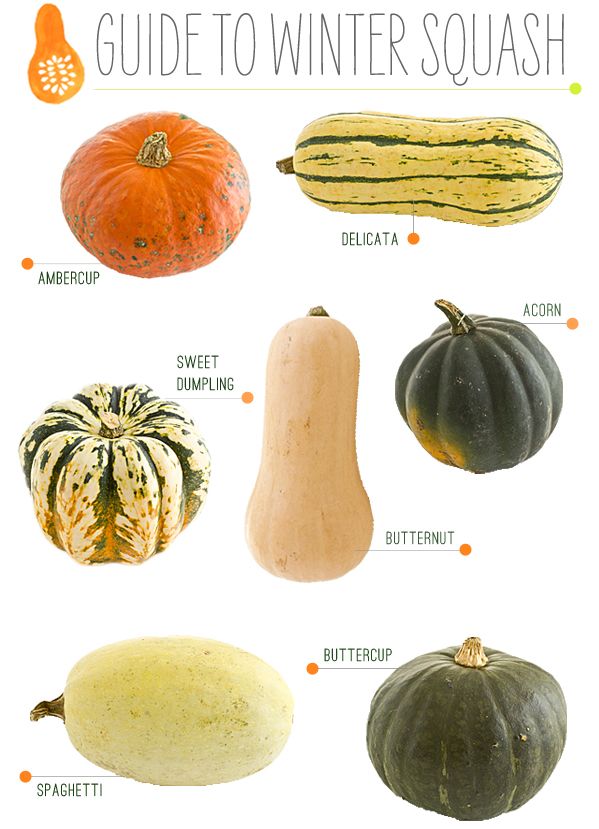
Q: How do I plant eggplants with companion plants?
A: When planting eggplants with companion plants, it is important to consider the spacing requirements of each plant. Eggplants need to be spaced at least 24 inches apart, so you will need to make sure that there is enough space for all of the plants. You should also plant the companion plants in a way that will benefit both plants. For example, you could plant broccoli and eggplant together because broccoli helps to improve the flavor of eggplants.
Q: How do I care for eggplants with companion plants?
A: When caring for eggplants with companion plants, it is important to water and fertilize both plants regularly. You should also monitor the plants for pests and diseases. If you see any pests or diseases, you should take steps to control them immediately.
Q: What are the benefits of companion planting with eggplants?
A: There are many benefits to companion planting with eggplants, including:
- Improved flavor: Companion plants can help to improve the flavor of eggplants.
- Increased yield: Companion plants can help to increase the yield of eggplants.
- Reduced pest and disease pressure: Companion plants can help to reduce pest and disease pressure on eggplants.
- Improved soil health: Companion plants can help to improve soil health, which can benefit eggplants.
Image of eggplant companion plants
- Image 1: Eggplant and tomatoes. Tomatoes and eggplants are both members of the nightshade family, so they benefit from being planted together. They also attract different pests, so they help to deter each other.

- Image 2: Eggplant and basil. Basil is a great companion plant for eggplant because it helps to repel aphids, spider mites, and whiteflies. It also helps to improve the flavor of eggplant.

- Image 3: Eggplant and marigolds. Marigolds are another great companion plant for eggplant because they help to repel nematodes, which can be a serious pest of eggplant. They also help to attract pollinators, which helps to improve the pollination of eggplant flowers.

- Image 4: Eggplant and chives. Chives are a good companion plant for eggplant because they help to repel root knot nematodes. They also help to improve the flavor of eggplant.

- Image 5: Eggplant and nasturtiums. Nasturtiums are a good companion plant for eggplant because they help to attract pollinators, which helps to improve the pollination of eggplant flowers. They also help to deter aphids and other pests.

Post a Comment for "The Ultimate Guide To Eggplant Companion Planting"